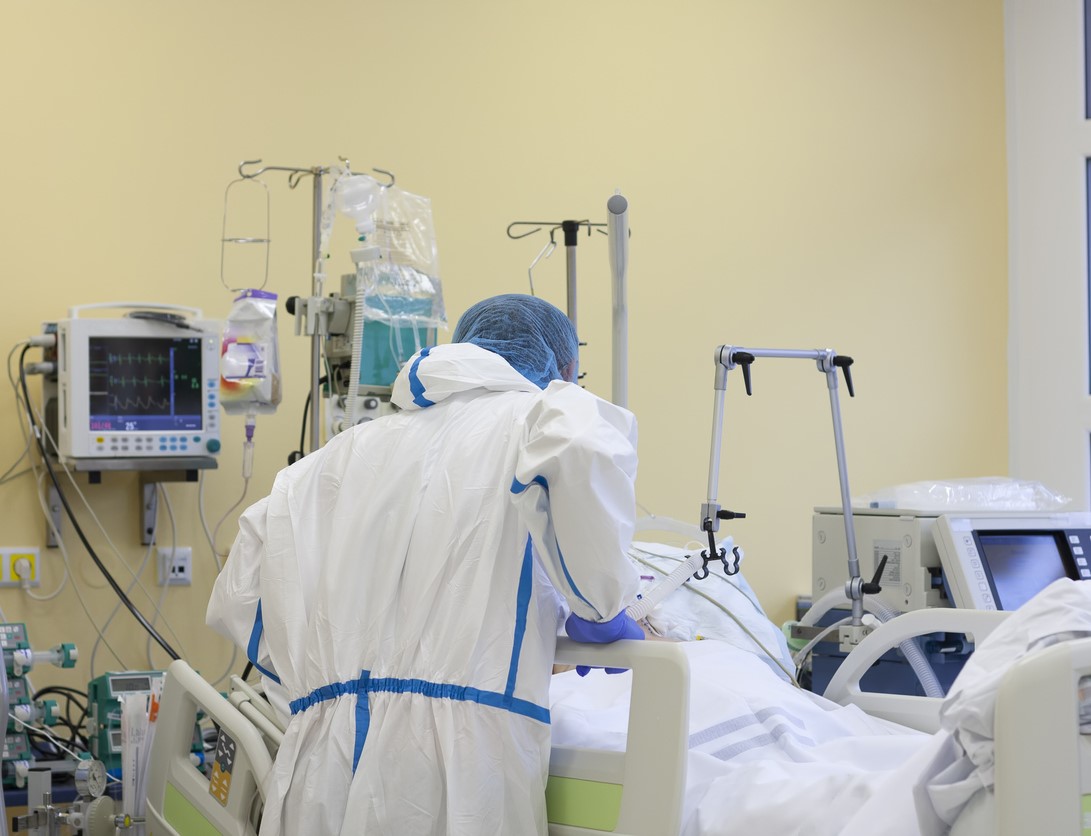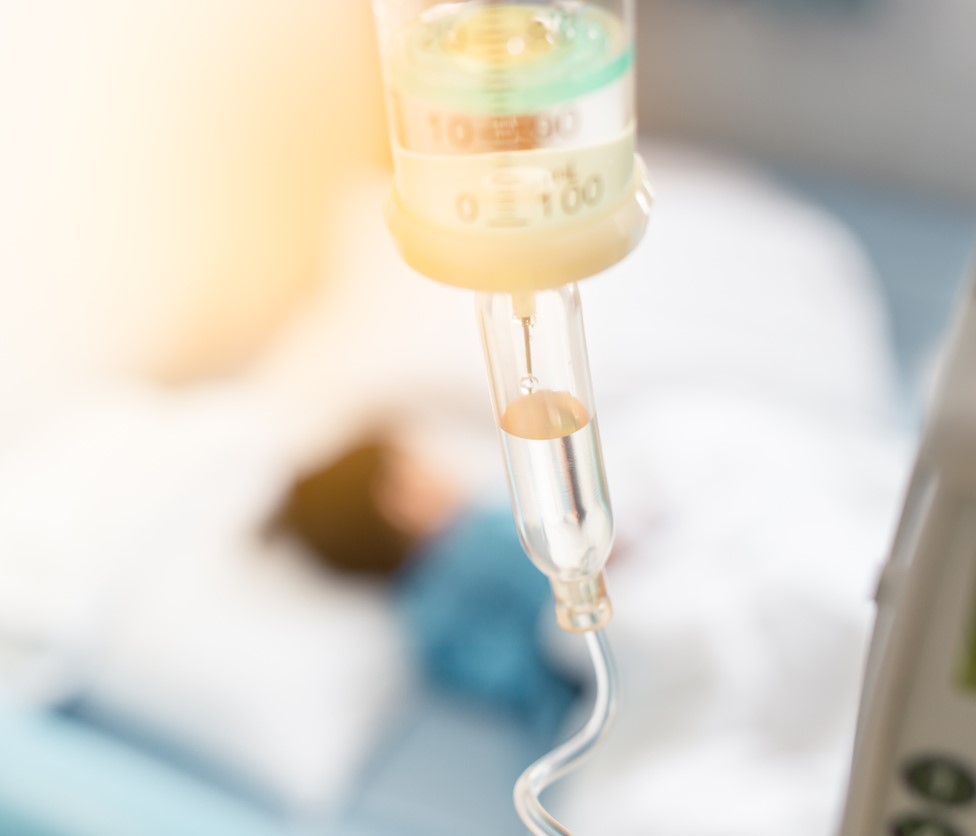 Half of all healthcare workers (HCWs) with symptomatic COVID-19 continued to go to work, even if they were involved with direct patient care, according to the results of a study yesterday on presenteeism among HCWs in Infection Control & Hospital Epidemiology.
Half of all healthcare workers (HCWs) with symptomatic COVID-19 continued to go to work, even if they were involved with direct patient care, according to the results of a study yesterday on presenteeism among HCWs in Infection Control & Hospital Epidemiology.
Working while ill contributes to nosocomial transmission of respiratory viruses. Previous studies on HCWs with symptomatic influenza showed that a significant proportion—14% to 68%—still worked while sick.
The new observational cohort study included all HCWs at the Veterans Affairs Boston Healthcare System who tested positive for SARS-CoV-2 infection from December 1, 2020, to September 30, 2021.
All HCWs were required to perform a daily self-review of COVID-19 symptoms and to stay home or leave work if symptomatic, the authors said. During the study period, 327 HCWs tested positive for COVID-19, and 127 (49.8%) of 255 HCWs who had symptomatic infections reported presenteeism at the time of diagnosis.
HCWs cited a high workload burden for coworkers and personal responsibility as the main reasons for continuing to work while sick.
"Of the 127 HCWs with presenteeism, 66 (26% of 255 symptomatic HCW) worked at least part of a day and then returned to work for second and/or additional days with COVID-19 symptoms. HCWs with presenteeism did not differ significantly from those without presenteeism with respect to age, sex, race, vaccination status, or direct patient care," the authors wrote.
HCWs cited a high workload burden for coworkers and personal responsibility as the main reasons for continuing to work while sick, compared to limits on paid leave or perceived expectations to work while sick.
 An
An 









